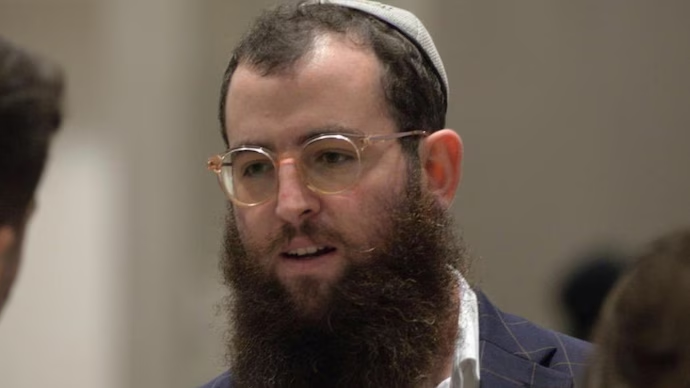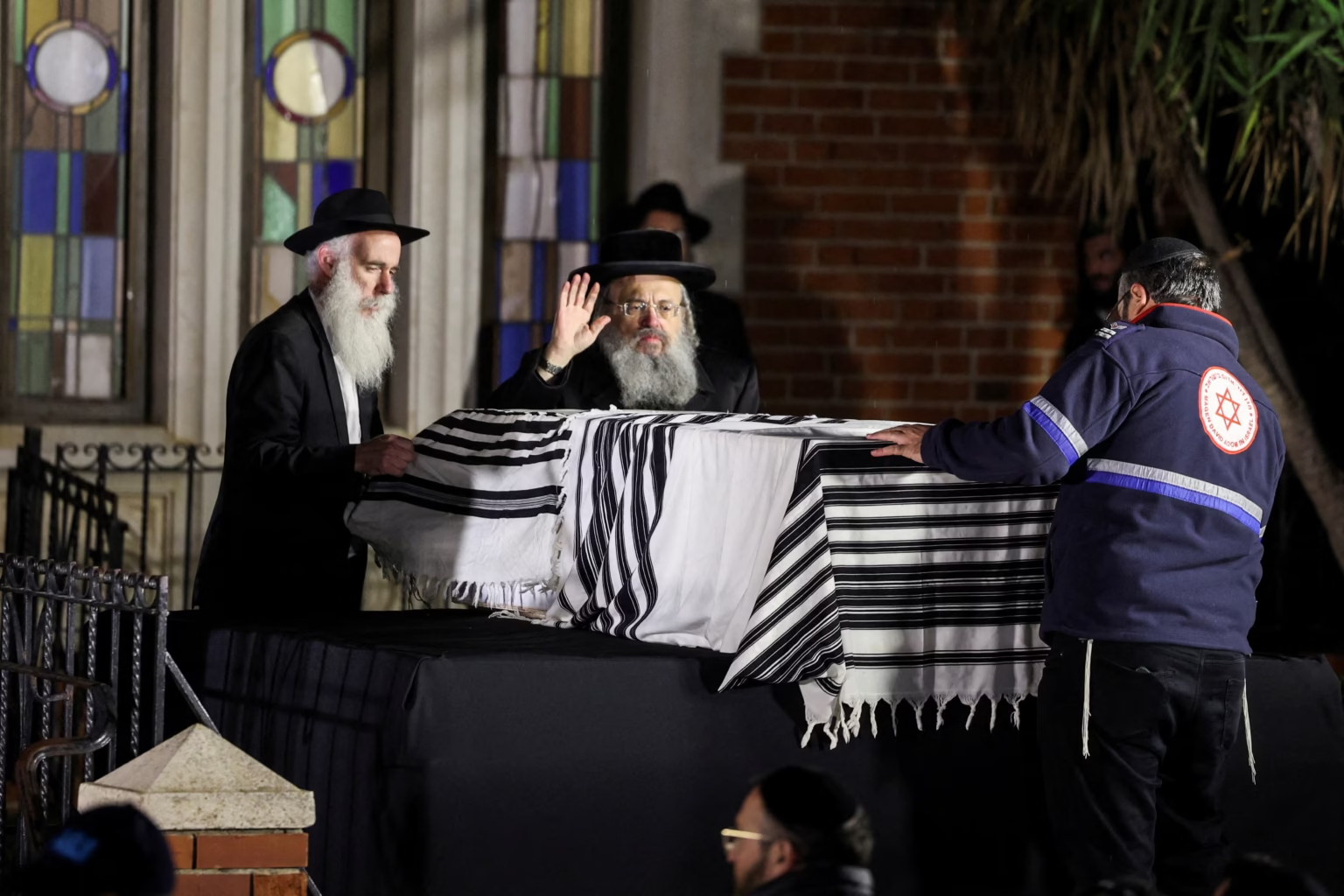In a high-profile case that has drawn international attention, a court in the United Arab Emirates (UAE) has sentenced three individuals to death for the brutal murder of Rabbi Zvi Kogan, a well-known Israeli-Moldovan religious leader living in the UAE. A fourth person was sentenced to life in prison for helping carry out the crime.
The sentencing took place at the Abu Dhabi Federal Appeal Court, where judges ruled that the murder was committed with terrorist intent. The decision follows months of investigation and legal proceedings after the sudden disappearance and murder of Rabbi Kogan in November 2024.
A Shocking Crime in a Peaceful Community
Rabbi Zvi Kogan, just 28 years old, was a respected member of the Jewish community in Dubai. He was part of the global Chabad-Lubavitch movement and was known for his outreach work, spiritual leadership, and running a kosher grocery store in the city. His work helped shape Jewish life in the UAE following the Abraham Accords, which normalized relations between the UAE and Israel in 2020.

The rabbi went missing in November 2024 under mysterious circumstances. His disappearance triggered a major search operation involving UAE authorities and international partners. Days later, his lifeless body was discovered in Al Ain, a city southeast of Abu Dhabi, sending shockwaves through both the local and global Jewish communities.
Arrests and International Cooperation
After collecting evidence and analyzing security footage, investigators identified a group of Uzbek nationals as suspects in the case. Three men were later arrested in Turkey and extradited to the UAE, thanks to close coordination between UAE and Turkish law enforcement. A fourth accomplice was arrested separately.
According to official reports, all three primary suspects confessed to the killing. During the court hearings, prosecutors presented a large body of evidence, including forensic reports, autopsy results, and eyewitness accounts. Authorities confirmed that the murder was carefully planned and carried out with premeditated intent.
The court concluded that the crime was committed with a “terrorist purpose,” though specific motives were not made public. However, the timing of the killing—during a period of increased regional tension linked to the Israel-Hamas conflict—has led to speculation that the act was politically or ideologically motivated.
Harsh Sentences for a Heinous Crime
On March 31, 2025, the Abu Dhabi Federal Appeal Court handed down its verdict. The three main defendants were each sentenced to death. The fourth defendant received a life sentence for his role in assisting with the murder.
The court’s decision reflects the UAE’s strong stance against terrorism and violent crimes, especially those targeting religious leaders and minority communities. Legal experts in the region said the ruling was significant and sends a clear message that acts of terrorism and hate will not be tolerated in the UAE.
It is rare for the UAE to carry out executions, but death sentences remain part of the legal system, especially in cases involving terrorism, premeditated murder, or threats to national security.
Global Condemnation and Emotional Reactions
News of the murder and subsequent sentencing drew reactions from around the world. Israeli Prime Minister Benjamin Netanyahu described the killing as a “brutal antisemitic terrorist act” and praised UAE authorities for taking swift and serious action.
Jewish communities in the UAE, Israel, and across the globe mourned the loss of Rabbi Kogan, holding memorials and prayer services in his honor. Community members described him as kind-hearted, devoted to his mission, and deeply respected by people of all faiths in the multicultural city of Dubai.
“He brought people together,” said one community member. “He wasn’t just a rabbi—he was a bridge between cultures and religions.”
The murder also led to increased security around Jewish institutions and places of worship in the UAE, especially in Dubai and Abu Dhabi, where growing Jewish communities have flourished in recent years.
Who Was Rabbi Zvi Kogan?
Rabbi Zvi Kogan was born in Moldova and held Israeli citizenship. He moved to the UAE as part of the Chabad movement, which sends emissaries around the world to build Jewish communities and offer religious services in areas where Jewish life is still developing.
In Dubai, Rabbi Kogan became a central figure in building a thriving Jewish presence. He helped organize religious events, provided kosher food, hosted visitors from around the world, and offered support to local and expat families.
He was known for his humility, warmth, and dedication to his faith. His sudden and violent death has left a void in the close-knit Jewish community and shocked those who knew him personally.
A Test for Tolerance and Unity
The UAE has positioned itself as a tolerant, forward-looking country that embraces interfaith dialogue and peaceful coexistence. The Abraham Accords were a major step in building ties between Arab nations and Israel, and Jewish life has slowly been growing in the Gulf state since then.
The murder of Rabbi Kogan presented a significant challenge to the UAE’s vision of peace and religious harmony. However, the swift investigation, arrests, and tough sentences have been seen by many as proof of the country’s commitment to protecting all its residents, regardless of background.
Religious leaders and diplomats from various faiths have since reaffirmed their commitment to peace and unity in the region.
Moving Forward
As the legal process reaches its conclusion, many are now looking ahead to how the UAE and its diverse communities will heal from this tragedy. While justice has been served, the memory of Rabbi Kogan will continue to live on through the many lives he touched during his time in the country.
His legacy—a vision of peace, inclusion, and mutual respect—remains a powerful reminder of what is possible even in a region often marked by division.
The case has brought attention to the importance of safeguarding religious minorities and ensuring that peaceful coexistence is not only a political goal but a lived reality.
Sudan Accuses UAE of Backing Genocide Ahead of World Court Hearing



